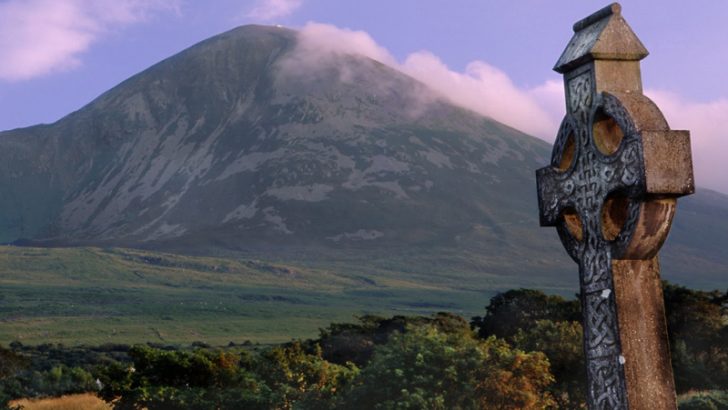The Seven: The Lives and Legacies of the Founding Fathers of the Irish Republic
by Ruth Dudley Edwards (Oneworld, £18.99)
Peter Hegarty
Dudley Edwards’ richly-detailed book is the fruit of a lifelong interest in the 1916 Rising and the seven men who formed the military council which led it. She admires the seven, in varying degrees, without subscribing to their violent separatism.
She discusses Pearse’s “largeness of view”, describing him as “ahead of his time” as an educationalist. He and the others were intelligent, industrious and impatient, impelled by a belief in independence, frustrated at the slow rate of progress toward its achievement and, with the outbreak of war, seized by the conviction that the time to strike had come with the beginning of Britain’s mortal struggle with Germany.
The author suggests that Tom Clarke was the ‘spider in the web’, the prime mover behind 1916.
The most harrowing passages in the book concern the long years Clarke spent in solitary confinement in English prisons. Belief in himself and his cause, and his ingenious ways of communicating with his fellow prisoners, enabled him to retain his sanity through 16 years of incarceration, while lesser men, like the unfortunate he encountered in a cell eating ground glass, succumbed to madness.
The English prison regime emphasised deprivation: Clarke was denied nourishment, company, intellectual stimulation, even cutlery. His suffering hardened his political convictions. He entered prison – and left it – a determined xenophobic militarist.
Dudley Edwards goes off on many interesting tangents. She has much to say about Patrick Pearse’s father, an English freethinker and master stonemason who built a thriving business based on Church commissions. The reader marvels at the love and affection which sustained the Connolly family through many travails.
The book offers a strong sense of life in Ireland in the early years of the 20th Century. It was a conservative, stratified society full of what Dudley Edwards calls “bored, frustrated young people”, many of whom were turning to the Gaelic League for stimulation and a social outlet and reposing their hopes for the future in nationalism.
The author argues that the British decision to execute the seven after the Rising represented a compromise. Leniency would have offended public opinion in Britain, while blanket repression and mass executions would have faced stern opposition in the House of Commons.
The effect of this middle course was to create martyrs, whose lives and deeds would inspire others to continue the fight.
The Rising had pernicious consequences. It embedded violence in Irish politics and would later encourage violent minorities to attempt to impose their will.
Consequence
Strangely, Dudley Edwards pays scant attention to the change in nationalist military thinking which was arguably the most important consequence of the Rising.
When fighting began again the Irish side would abandon static warfare in favour of the guerrilla tactics which forced Britain to the negotiating table, a matter of years after her soldiers had crushed the short-lived rebellion.



